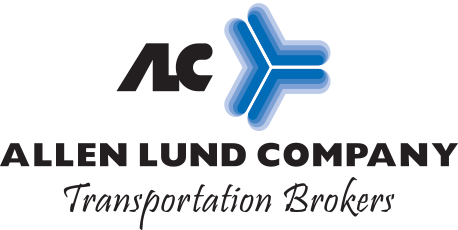
Ahh Canada! My home and native land. It is also the birthplace of Wayne Gretzky, Jim Carey, Joni Mitchell, Michael J. Fox, Keanu Reeves, Celine Dion, and Drake – to name just a few. But, we have more to tout than just celebrities; Canada is known around the world for its economic stability, free universal healthcare, and close relationship with the United States, not only in proximity, but also in trade. The United States is Canada’s largest trading partner; billions of dollars are imported and exported annually, with most recent statistics noting over $960.9 billion in trade between the two countries for 2022. As many trade and transportation partners understand, various complex processes are involved in crossing goods from the United States into Canada. For truckload freight, a full understanding of the mandatory carrier authorities, paperwork required, and border crossing process is critical to delivery success, as is a full understanding of the parties involved in cross-border freight and the valuable role that transportation brokers can play in it all.
Successful truckload cross-border delivery depends on three key factors:
- The correct Canadian authority
- All required paperwork to pre-clear both the driver and the shipment into Canada
- Preparation for the border-crossing process
Sounds easy right?! Well, we in the transportation industry know that things are not always as straightforward off paper. Navigating shipments into Canada involves complexities beyond paperwork. Customs officers at the U.S./Canada border and customs brokers play crucial roles, potentially causing delays with cargo inspections. Building relationships with these officials and ensuring driver readiness can mitigate issues. Additionally, submitting paperwork early to customs brokers and maintaining communication aids in resolving any clearance obstacles efficiently.
Transportation brokers play a valuable role in cross-border shipments. For a shipper, they take all the pressure off: they ensure proper carrier qualification, review paperwork, manage issues, and communicate with both customs officers and customs brokers. For a carrier, they have the experience, access to technology, and relationships with those third parties that make the crossing a seamless and repeatable experience. This allows shippers to do what they do best and find more selling opportunities! So, are you ready to tackle cross-border freight? Great! Give us a call and we will take care of it for you. Like The Great One says, “You miss 100% of the shots you don’t take.”


